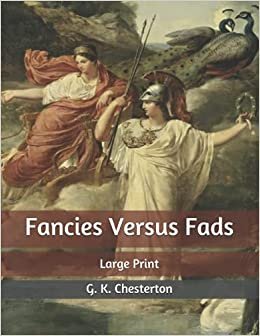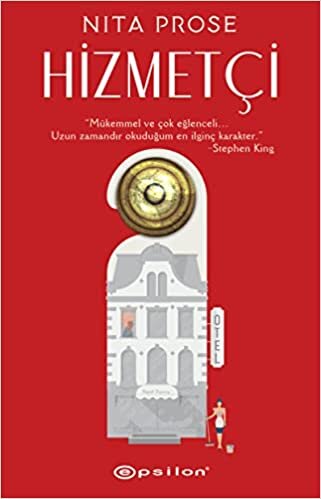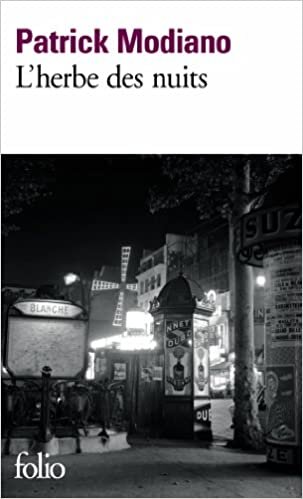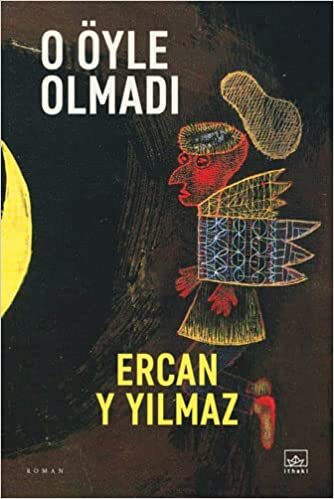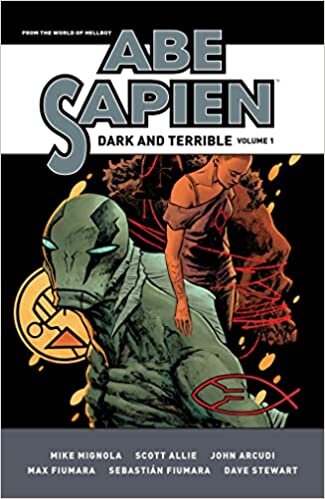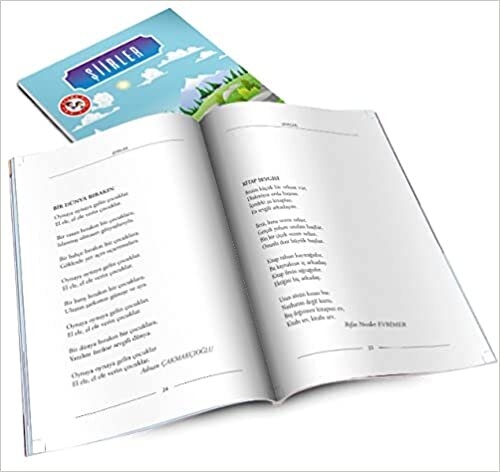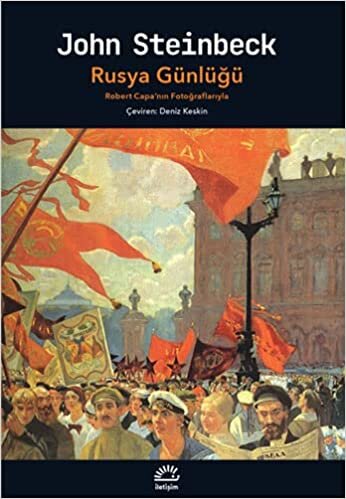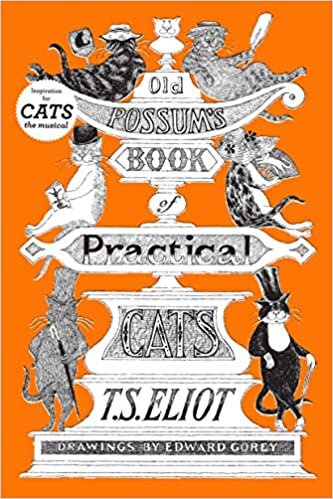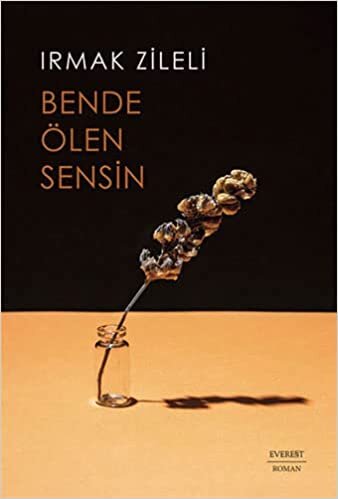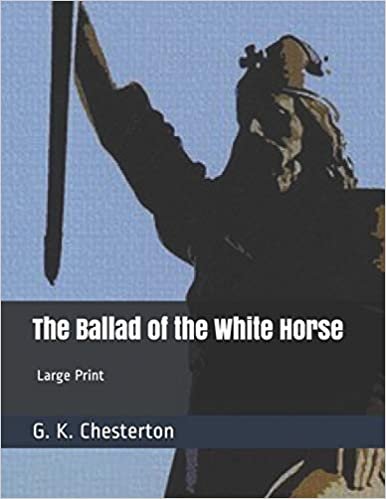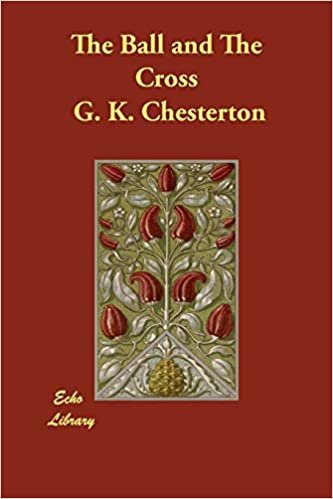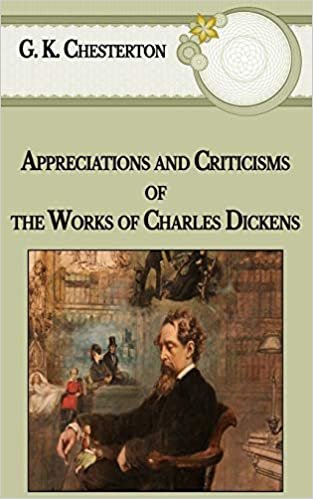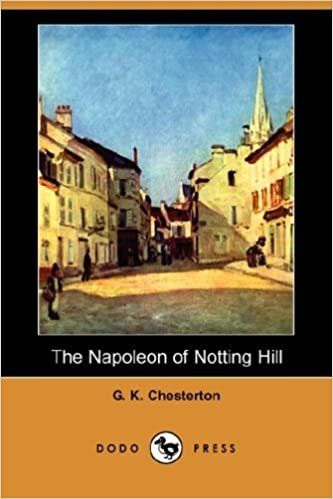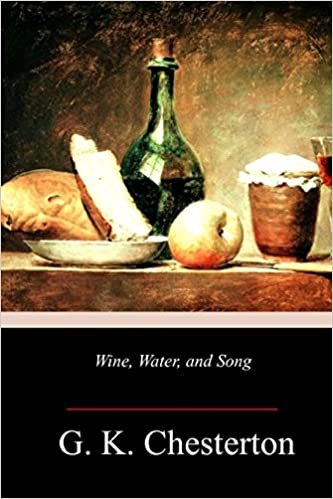Fancies Versus Fads: Large Print
Fancies Versus Fads: Large Print adlı kitabı telefonunuzda, bilgisayarınızda veya tabletinizde EPUB biçiminde okumak için "okuyucu" uygulamasını ücretsiz veya satın almanız gerekir - siz karar verin. İşlevsel olarak özgür "okuyucular" nadiren ücretli olanlara yol verir ve bazen onları aşar. Bazen daha yavaş çalışır veya reklam içerir. Ücretli uygulamalar daha güzel görünür, daha az yavaşlar, aynı işlevsellik ile telefonun belleğinde genellikle daha az yer kaplarlar. Veya G. K. Chesterton adresinden çevrimiçi olarak Fancies Versus Fads: Large Print kitap okumak için bir site bulabilirsiniz. EPUB, kayan bir düzene sahip bir biçimdir, yani kitabın metni, örneğin Fancies Versus Fads: Large Print, akıllı telefonunuzun veya tabletinizin ekran boyutuna otomatik olarak ayarlanır - manuel olarak ölçeklendirmeniz gerekmez. Son aşamada, biçim bilgisayarlar, akıllı telefonlar ve tabletler tarafından desteklenen 5.2 sürümüne güncellenir. Gutenberg Serbest Kütüphanesi, 2008 yılında Fancies Versus Fads: Large Print gibi kitapları ve diğer basılı yayınları ve kitapları dijitalleştirmek ve saklamak için bu biçimi seçti. Yavaş yavaş, 2010'a kadar, daha önce kendi LRF uzantısını (BBeB) kullanan Sony, belgeleri bu biçime dönüştürdü. E-kitapların ve "okuyucuların" artan popülaritesi ile birlikte popülerlik kazanıyor. İlk kez 1999'da ABD'de ortaya çıktı, farklı olarak adlandırıldı - Açık eKitap Yayını (OEB). Geliştirici - Uluslararası Dijital Yayıncılık Forumu, IDPF kısaltması: Uluslararası Dijital Yayıncılık Forumu. 2007 yılında, “forum”, doğrudan “Elektronik Yayıncılık” olan ve tam anlamıyla “Elektronik Yayıncılık” olarak kısaltılan geliştirmenin son versiyonunu tanıttı.
| Yazar | G. K. Chesterton |
|---|
Outlook Verlag Türkçe Kolektif Leopold Classic Library G K Chesterton İspanyolca HACHETTE LIVRE-BNF İngilizce Almanca Salzwasser-Verlag GmbH İtalyanca Independently Published; Illustrated basım B. M. Bower H. G. Wells F Scott Fitzgerald G.A. Henty Independently published Fransızca
indir okumak internet üzerinden
| Yazar Fancies Versus Fads: Large Print | G. K. Chesterton |
|---|
Milton prefaced “Paradise Lost” with a ponderous condemnation of rhyme. And perhaps the finest and even the most familiar line in the whole of “Paradise Lost” is really a glorification of rhyme. “Seasons return, but not to me return,” is not only an echo that has all the ring of rhyme in its form, but it happens to contain nearly all the philosophy of rhyme in its spirit. The wonderful word “return” has, not only in its sound but in its sense, a hint of the whole secret of song. It is not merely that its very form is a fine example of a certain quality in English, somewhat similar to that which Mrs. Meynell admirably analysed in one of her last beautiful essays, in the case of words like “unforgiven.” It is that it describes poetry itself, not only in a mechanical but a moral sense. Song is not only a recurrence, it is a return. It does not merely, like the child in the nursery, take pleasure in seeing the wheels go round. It also wishes to go back as well as round; to go back to the nursery where such pleasures are found. Or to vary the metaphor slightly, it does not merely rejoice in the rotation of a wheel on the road, as if it were a fixed wheel in the air. It is not only the wheel but the wagon that is returning. That labouring caravan is always travelling towards some camping-ground that it has lost and cannot find again. No lover of poetry needs to be told that all poems are full of that noise of returning wheels; and none more than the poems of Milton himself. The whole truth is obvious, not merely in the poem, but even in the two words of the title. All poems might be bound in one book under the title of “Paradise Lost.” And the only object of writing “Paradise Lost” is to turn it, if only by a magic and momentary illusion, into “Paradise Regained.” It is in this deeper significance of return that we must seek for the peculiar power in the recurrence we call rhyme. It would be easy enough to reply to Milton’s strictures on rhyme in the spirit of a sensible if superficial liberality by saying that it takes all sorts to make a world, and especially the world of the poets. It is evident enough that Milton might have been right to dispense with rhyme without being right to despise it. It is obvious that the peculiar dignity of his religious epic would have been weakened if it had been a rhymed epic, beginning:—Of man’s first disobedience and the fruitOf that forbidden tree whose mortal root. But it is equally obvious that Milton himself would not have tripped on the light fantastic toe with quite so much charm and cheerfulness in the lines:—But come thou Goddess fair and freeIn heaven yclept Euphrosyne if the goddess had been yclept something else, as, for the sake of argument, Syrinx. Milton in his more reasonable moods would have allowed rhyme in theory a place in all poetry, as he allowed it in practice in his own poetry. But he would certainly have said at this time, and possibly at all times, that he allowed it an inferior place, or at least a secondary place. But is its place secondary; and is it in any sense inferior? The romance of rhyme does not consist merely in the pleasure of a jingle, though this is a pleasure of which no man should be ashamed. Certainly most men take pleasure in it, whether or not they are ashamed of it.
